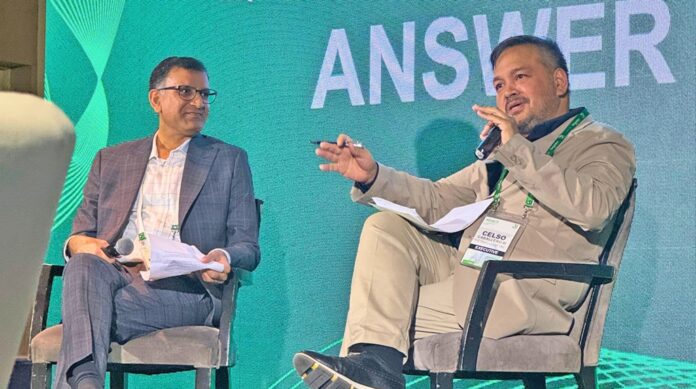Aboitiz Power Corp.’s Transition Business Group (TBG) said Thursday it plans to expand the use of artificial intelligence (AI) and data analytics to its coal-fired power plants in Visayas and Luzon in 2025 and 2026.
The move continues its “Project Arkanghel,” which aims to transform the company’s conventional power plants into smart facilities, helping ensure their availability and reliability, AboitizPower said in a statement. The project will be rolled out in phases.
“The first phase of Project Arkanghel is up and running, currently in one of our circulating fluidized bed plants in Mindanao,” said AboitizPower TBG president and chief operating officer Celso Caballero III, referring to the 300-megawatt Therma South Inc. in Davao City.
“We’re completing implementation in the Visayas this year and moving to Luzon next year,” he said during a recent Schneider Electric Innovation Day.
The 340-megawatt Therma Visayas Inc. in Toledo City, Cebu, was also named a pioneer model for Project Arkanghel. A site for Luzon has yet to be identified.
Project Arkanghel includes establishing a Unified Operations Center, equipped with digital twin technologies, early warning and anomaly detection systems, and an “end-to-end” live asset health monitoring system.
The center allows engineers to anticipate potential issues and optimize plant operations. AI-based systems can help maximize plant efficiency, leading to lower heat rates, better fuel efficiency, reduced outage days, and longer intervals between planned outages.
With data-driven intelligence, these systems enable engineers to make bolder and more accurate decisions. AboitizPower partnered with Thailand-based REPCO NEX Industrial Solutions to develop Project Arkanghel.
The project also utilizes AVEVA Predictive Analytics, a Schneider Electric solution, to analyze historical data, recognize patterns, and provide early warning detection.
Caballero highlighted the unique challenges facing the Philippine energy sector, including rapidly growing energy demand, vulnerability to approximately 20 typhoons annually, and the persistent need for affordable power.
The integration of AI and data analytics into its baseload power plant operations aims to help address these challenges.
“Power demand growth aside, if your plants are more available, you will be able to build fewer plants in order to cover for shortages,” Caballero said.









